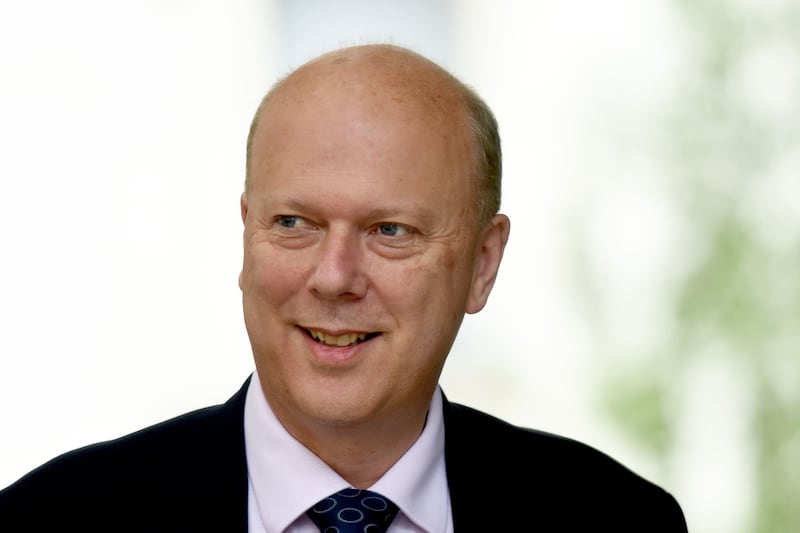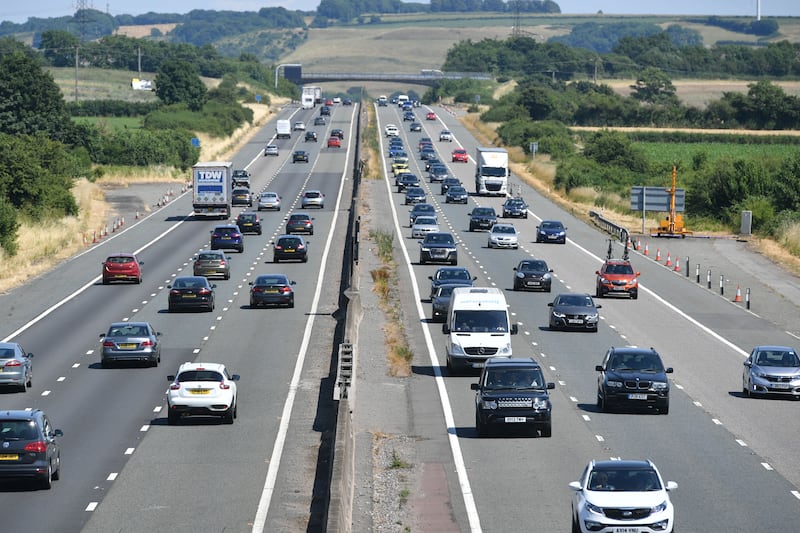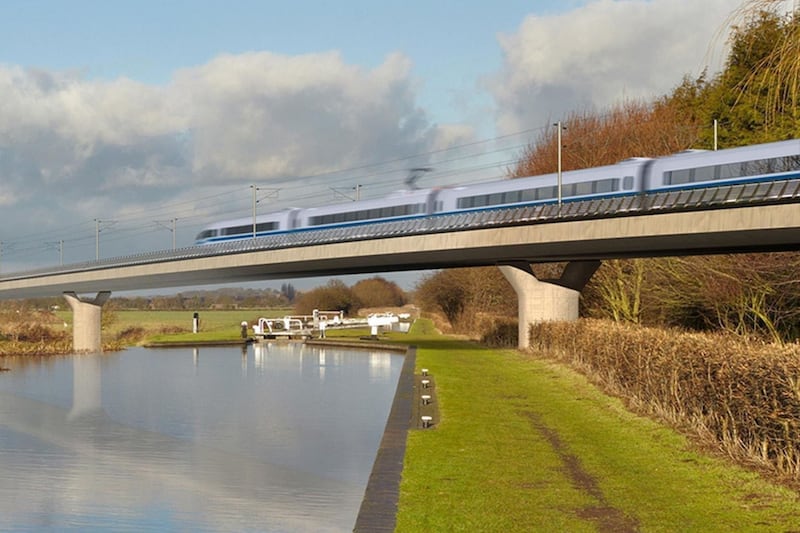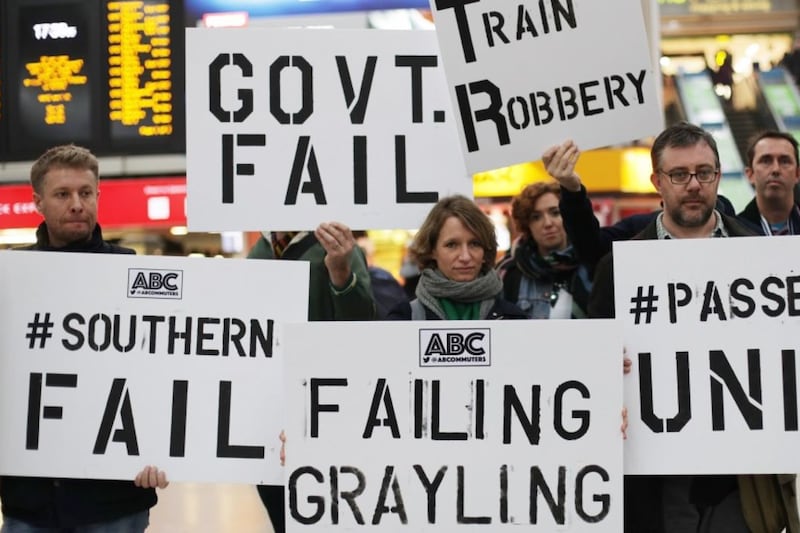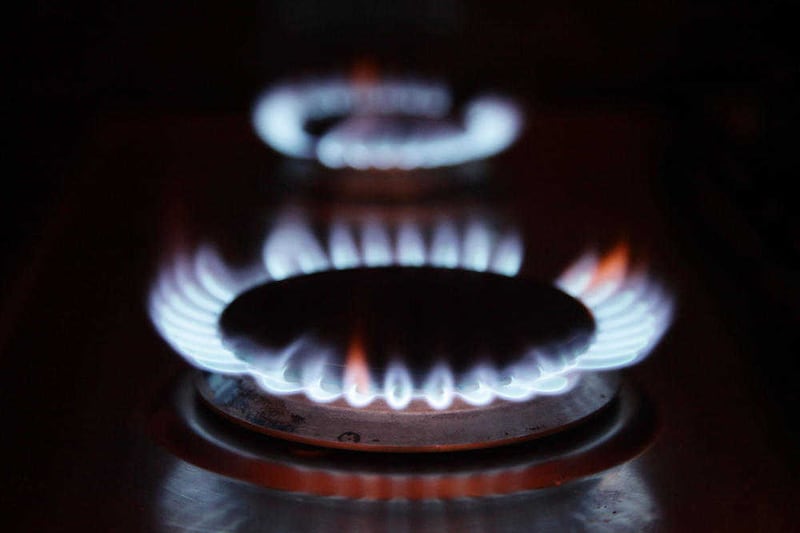Pro-Brexit ministers cannot make promises about how any money saved from leaving the EU will be spent, a leading Leave campaigner has admitted.
Cabinet minister Chris Grayling said Boris Johnson and Michael Gove were merely setting out "options" available to the British government when they said energy bills could be slashed if the UK votes to leave the EU.
Chancellor George Osborne described as "fantasy economics" the claim that VAT could be scrapped from household energy bills, while the Remain camp said Brexit campaigners have made nearly £112 billion of unfunded spending pledges.
But Mr Grayling dismissed Britain Stronger In Europe's figures as "a complete fallacy" and "absurd mathematics" as he insisted the Leave campaign was merely illustrating what could be done if the UK's contributions to Brussels are clawed back.
The Commons leader also said Vote Leave had never claimed that all the money would be spent on the NHS.
Answering questions after a Westminster speech, he said: "I think the message from Vote Leave has been about us taking back control of that money and spending it on our priorities.
"Now if we choose, and I think there's a very strong case for that, as Michael and Boris and [Labour's] Gisela [Stuart] set out today, to give the British people a bonus for voting to leave by cutting their fuel bills - that is of course only a small part of the money we would save from our annual contribution, money that should also be spent on other priorities like the National Health Service."
He added: "Vote Leave can only set out options for the country because we are not the government."
Former chancellor Lord Lamont, who introduced the VAT on domestic fuel and power in 1993, backed the idea of scrapping it.
He said: "At that stage, it was an entirely reversible tax, controlled by the British parliament. As time passed, the EU has asserted more and more control over VAT - Gordon Brown found that out when he promised to abolish VAT on fuel and was unable to do so.
"If we Vote Leave on June 23 we can take back control of VAT and much more besides."
Meanwhile, British business secretary Sajid Javid warned that small businesses will be "hit hard" if the UK votes to leave the EU.
He said it was a "dangerous" misconception to believe that smaller firms would be unaffected by Brexit.
Speaking in Birmingham, Mr Javid said small firms were the "backbone of our economy" and the livelihoods of millions of workers could be put at risk if the country breaks from Brussels on June 23.
He cited analysis by the Department for Business, Innovation and Skills (BIS) estimating that 8 per cent export to the EU and a further 15 per cent are in the supply chains of other businesses that export to the EU.
Britain Stronger In Europe said that amounted to around 1.2 million firms if you include the smallest businesses, including non-employers, which do not have to register to pay VAT.
BIS qualifies its estimate of what proportion are directly or indirectly involved in EU exports as "indicative estimates" as it uses data whose definitions "do not entirely align".
Mr Javid said: "Make no mistake. If we vote to leave the EU, small businesses will be hit hard.
"You may have heard the myth that only massive multinationals want us to stay in the EU, that small businesses want out, that hardly any small firm exports to the EU, so leaving it won't be such a big deal.
"That's just plain wrong. It's a misconception that could have dangerous consequences for millions of people who rely on small businesses for their jobs and for their livelihoods."
But Mr Grayling said small businesses are the most likely to benefit from scrapping free movement rules.
"I was talking to a small builder in my constituency only last week who said that his income has fallen sharply because of the big influx of people from eastern Europe working in the same trade for much lower rates.
"Those are the people who really face the consequences of the high levels of migration we've faced up to now, they are the people who will benefit from us setting limits on the level of people who can come and work here."
John Longworth, former director-general of the British Chambers of Commerce, who now chairs the Vote Leave Business Council, said Mr Javid's figures were "extremely questionable".
Britain Stronger In Europe claimed that Mr Grayling's admission that "we've never said every penny should go on the NHS" amounted to a climbdown.
Vote Leave posters and buses highlight the fact that Brexit would mean the British government could "give our NHS the £350 million the EU takes every week" and "we send the EU £350 million a week, let's fund our NHS instead".
Labour MP and Commons Health Committee member Emma Reynolds said: "Chris Grayling has let the cat out of the bag.
"If these Tory Leave campaigners have their way and take us out of the EU, they won't spend another penny on our National Health Service.
"You can't trust Tories like Chris Grayling to protect the NHS and give it the investment it needs."



